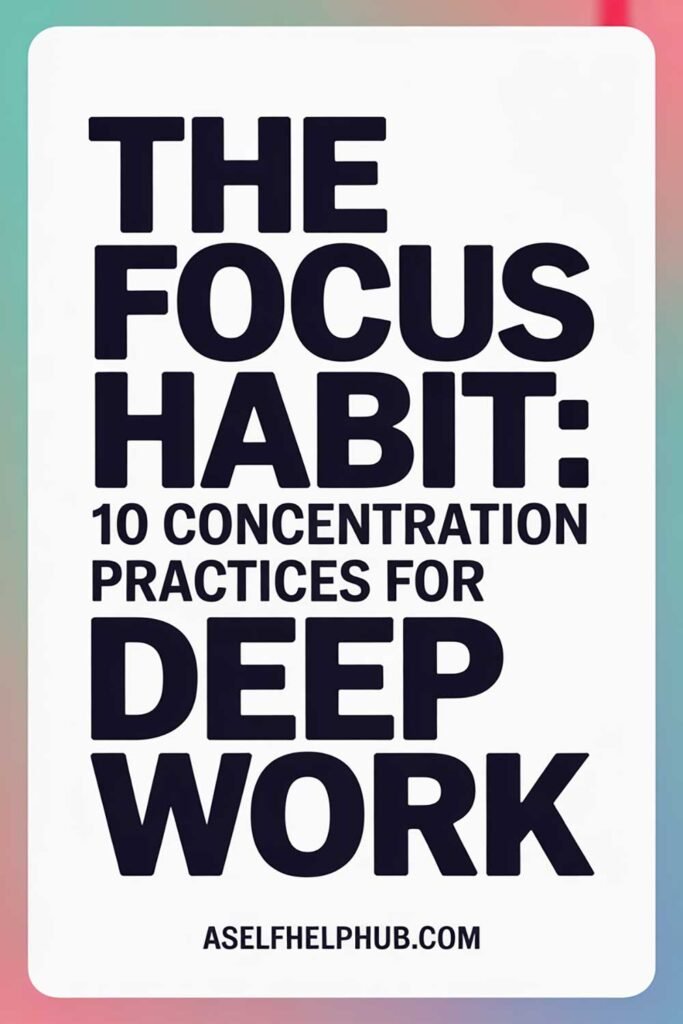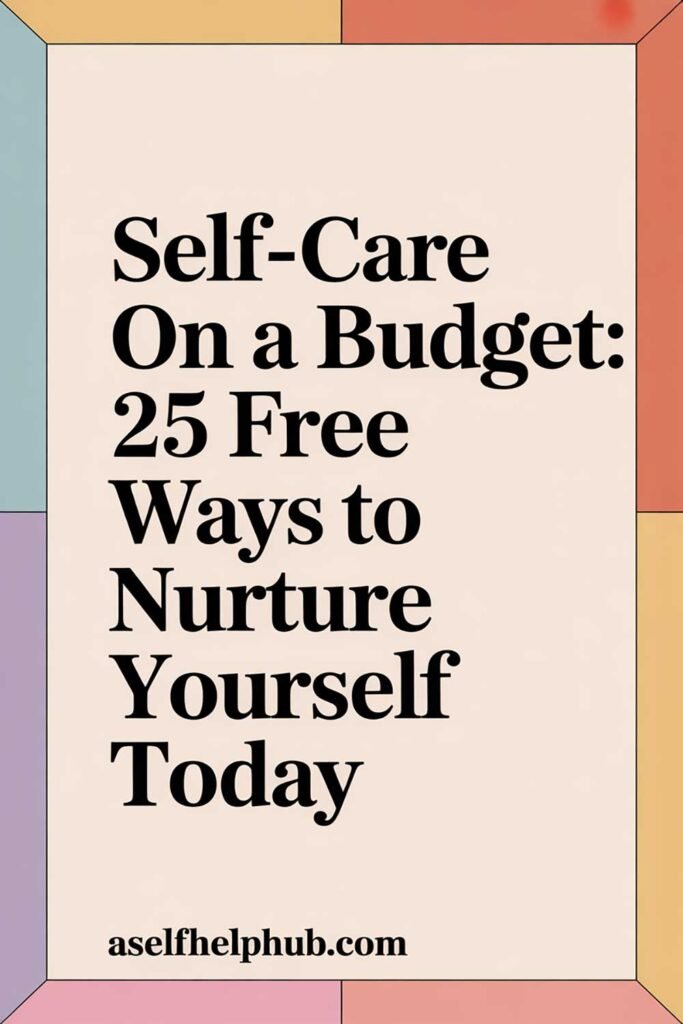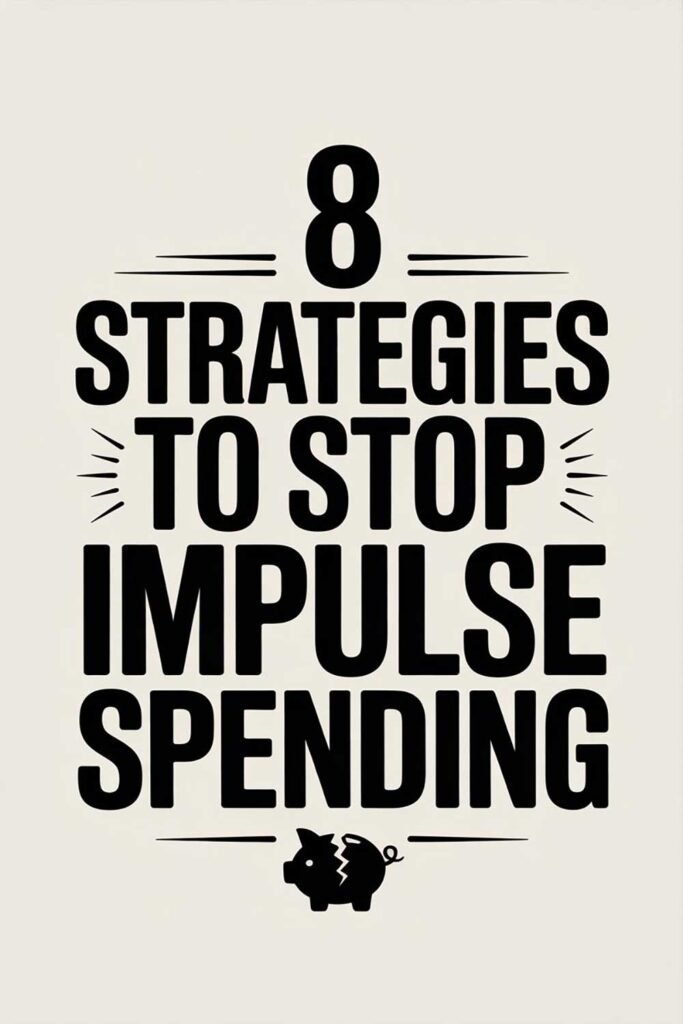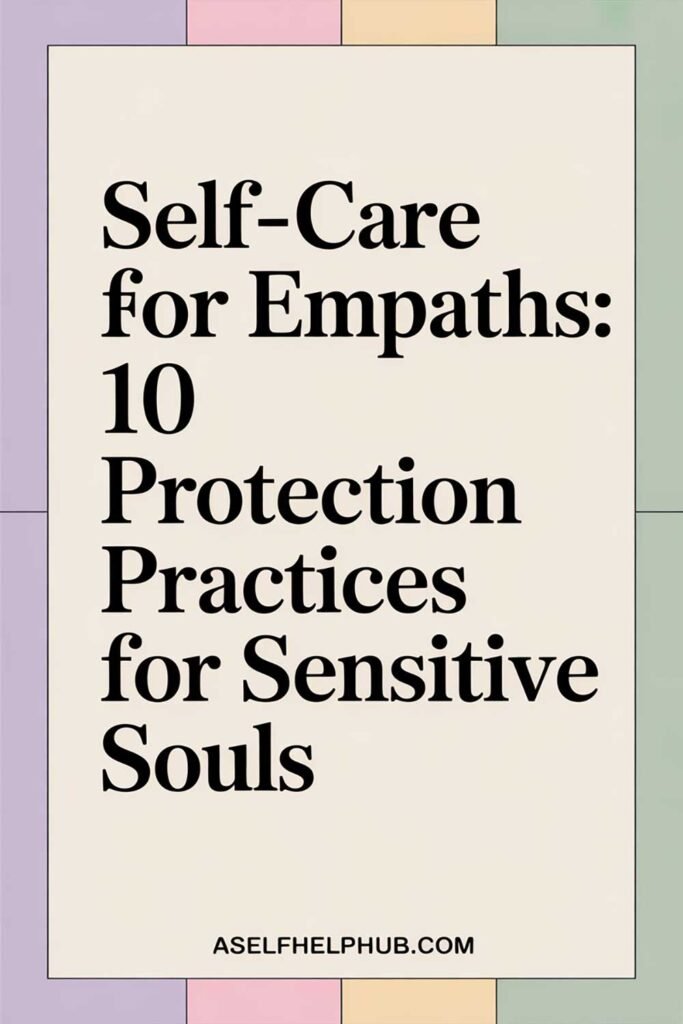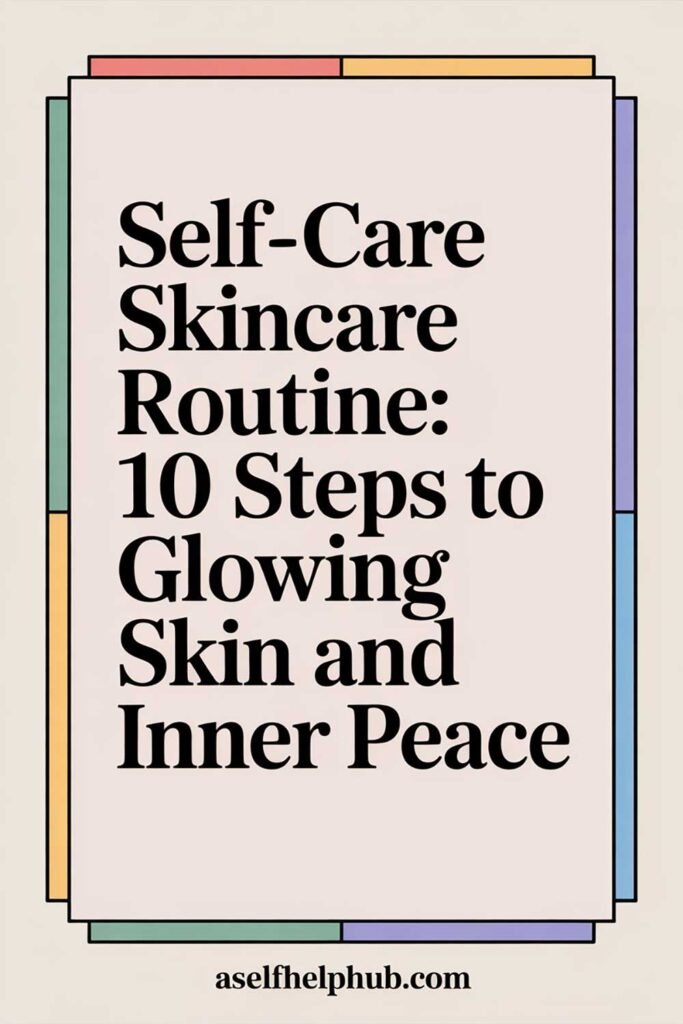10 Practical Steps to Achieve Debt-Free Living
Living debt-free isn’t just a financial goal—it’s a lifestyle transformation. Whether you’re overwhelmed with credit card debt, student loans, or personal loans, achieving a debt-free life brings freedom, peace of mind, and the power to focus on your dreams. While the journey requires discipline and strategy, it’s absolutely possible with the right steps.

Here are 10 practical and proven steps to help you achieve debt-free living, along with real-life success stories, actionable advice, and powerful motivation to keep you going.
1. Face the Numbers Head-On
Before you can change your situation, you must know where you stand.
Example:
Jessica avoided looking at her credit card statements for months. When she finally added up everything, she had $22,000 in debt. That eye-opening moment gave her the motivation to create a plan.
Tip: List every debt you owe—balance, interest rate, minimum payment, and due date.
2. Create a Realistic and Intentional Budget
A budget gives every dollar a job and helps you align your spending with your goals.
Example:
Chris built a zero-based budget using a spreadsheet. By cutting subscriptions and reducing dining out, he freed up $600/month to put toward debt.
Tip: Use budgeting tools like YNAB, EveryDollar, or a simple Excel sheet.
3. Build a Starter Emergency Fund
Before aggressively paying down debt, set aside $500–$1,000 to avoid using credit cards for emergencies.
Example:
Maria saved $1,000 in a high-yield savings account. When her car needed repairs, she didn’t panic or swipe her card—she paid cash.
Tip: Sell unused items or take on a side hustle to build this fund quickly.
4. Use the Debt Snowball or Avalanche Method
Choose a proven strategy to pay off debt effectively.
Example:
Derek paid off his smallest debt first, then rolled the payment into the next one. Each victory built momentum and helped him stay focused.
Tip: Snowball = smallest to largest balance. Avalanche = highest to lowest interest rate.
5. Cut Unnecessary Expenses
Look for daily habits or subscriptions that can be trimmed or cut.
Example:
Tina paused her gym membership, canceled two streaming services, and cooked at home more. She saved $400/month and redirected it to her debt.
Tip: Audit your expenses monthly and eliminate anything you don’t truly need.
6. Boost Your Income with Side Hustles or Gig Work
Earning more helps you pay off debt faster.
Example:
Brian drove for Uber on weekends and used every dollar to pay off student loans. In one year, he knocked out $8,000 of debt.
Tip: Try freelancing, delivery apps, pet sitting, or online gigs that fit your schedule.
7. Use Windfalls Wisely
Tax refunds, bonuses, or birthday money can give your debt payoff a boost.
Example:
Rebecca used her $2,500 tax refund to eliminate a credit card balance. That saved her hundreds in future interest.
Tip: Treat windfalls as tools, not temptations. Apply them directly to your debt.
8. Avoid New Debt Like the Plague
You can’t get out of debt if you keep adding to it.
Example:
Jake cut up his credit cards and only used cash or a debit card. Without new balances, he was able to make real progress.
Tip: Lock your cards away or delete them from your digital wallets to avoid temptation.
9. Celebrate Milestones (Without Spending)
Recognize your progress with low-cost or free rewards.
Example:
Alex threw a small game night with friends when he paid off his first card. Celebrating helped him stay motivated.
Tip: Treat milestones as victories, but celebrate in ways that don’t derail your progress.
10. Stay Consistent and Stay Inspired
Consistency is key. Progress may be slow, but it adds up.
Example:
Maya paid off $70,000 in 4 years by sticking to her plan. She listened to finance podcasts to stay inspired on tough days.
Tip: Track your progress visually (charts, apps, journals) and revisit your “why” often.
🌟 20 Inspirational Quotes About Becoming Debt-Free
- “The borrower is slave to the lender.” – Proverbs 22:7
- “Debt is normal. Be weird.” – Dave Ramsey
- “Do today what others won’t so tomorrow you can do what others can’t.” – Jerry Rice
- “A budget is telling your money where to go instead of wondering where it went.” – John C. Maxwell
- “You can’t get out of a hole by digging deeper.” – Unknown
- “The chains of habit are too light to be felt until they are too heavy to be broken.” – Warren Buffett
- “Success is the sum of small efforts, repeated day in and day out.” – Robert Collier
- “The best way to predict your future is to create it.” – Peter Drucker
- “Debt is the enemy of wealth.” – Dave Ramsey
- “Money is a terrible master but an excellent servant.” – P.T. Barnum
- “Do not save what is left after spending; spend what is left after saving.” – Warren Buffett
- “Discipline is the bridge between goals and accomplishment.” – Jim Rohn
- “Live like no one else now, so later you can live like no one else.” – Dave Ramsey
- “Don’t go broke trying to look rich.” – Unknown
- “Sacrifice now to secure your future later.” – Unknown
- “Frugality includes all the other virtues.” – Cicero
- “Your future is created by what you do today, not tomorrow.” – Robert Kiyosaki
- “If you will live like no one else, later you can live like no one else.” – Dave Ramsey
- “It always seems impossible until it’s done.” – Nelson Mandela
- “Financial freedom is not a dream. It’s a decision.” – Unknown
📸 Picture This
Picture yourself checking your bank account and seeing only your savings, not balances owed. No minimum payments. No late fees. Just peace, pride, and freedom. You’re free to pursue your dreams, invest in your future, and enjoy your life without the burden of debt dragging you down.
So ask yourself:
What could your life look like one year from now if you committed to becoming debt-free today?
📣 Please Share This Article
Know someone who’s struggling with debt and ready for a change? Share this article with them. A debt-free life starts with one brave step forward.
⚠️ Disclaimer
This article is for informational and educational purposes only. It reflects general financial advice and personal experiences. It does not constitute legal, financial, or professional advice. Always consult with a certified financial advisor or credit counselor for guidance specific to your financial situation. Results may vary.

